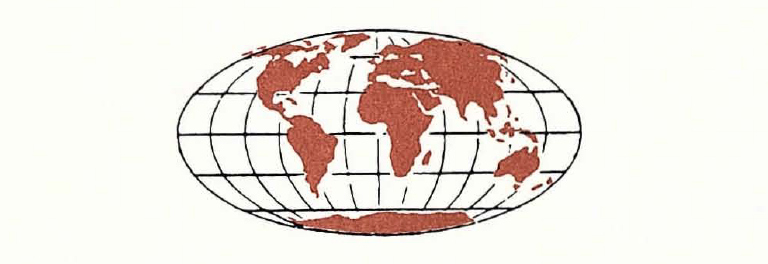Document Type
Working Paper
Publication Date
1980
Abstract
The long-term success of pastoral production systems depends on the adjustment of the human and livestock populations, which are potentially expanding, to the range resource, which is finite. Among the Borana of southern Ethiopia, this adjustment has been achieved through a complex socio-political system controlling human reproduction and the maintenance and use of dry-season wells. A complex system of generation classes, known as Gada, helps limit population expansion, and access to water during the dry season is controlled by well councils whose membership and function are based on a flexible, but well defined, system of traditional rules.
Recommended Citation
Helland, Johan., "Social organization and water control among the Borana of Southern Ethiopia" (1980). Institute for Development Anthropology Papers. 84.
https://orb.binghamton.edu/ida/84



